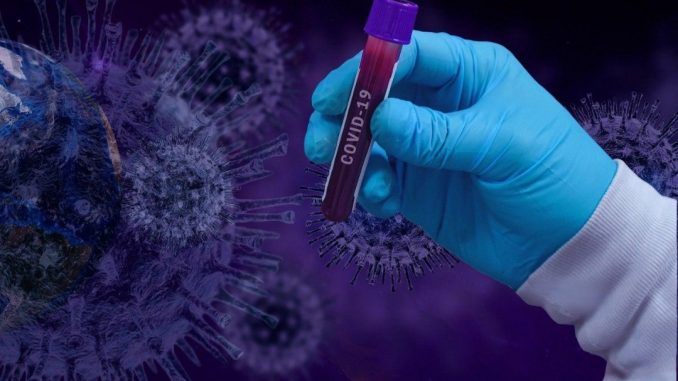
A South Korea-based religious group named the Shincheonji Church of Jesus said that over 4,000 of its members who recovered from COVID-19 are willing to donate plasma for developing a new treatment.
The amount of blood is said to have been valued to worth about $83 billion, if the 4,000 patients donate 500ml individually, according to the current United States transaction rate, a statement has indicated.
“It is difficult to accelerate developing a medicine for COVID-19 with only 200 recovered patients who expressed their willingness to donate blood.
“The massive donation from the recovered patients in the Shincheonji Church will solve the problem of the lack of blood for research,” said an official from Green Cross Pharma, a biopharmaceutical company in South Korea.
The outbreak of coronavirus cases in Korea was initially centered in the city of Daegu after a 61-year-old member of the controversial religious sect, Shincheonji, member known as Patient 31, was said to have infected other church members causing the pandemic to surge in Daegu.
As the disease spread among Shincheonji’s members and thousands of others, in a church said to have over 300,000 members, the religious sect’s founder, Mr. Man Hee Lee, and other leaders, were accused of refusing to get tested, citing their religious beliefs to privacy, which later resulted in a national outcry against the group.
ALSO READ: Shincheonji and Coronavirus in South Korea: Sorting Fact from Fiction – A White Paper
However, as the controversy rages over the rapid virus spread that hit the church members in Daegu of South Korea, in the first quarter of 2020, where the early signs of the crisis appeared, is being blamed on visitors from China, who had arrived the country before the virus began to spread among the church members.
It was in a fall out of this, after 4,000 members of the church were said to have recovered that its founder of the Shincheonji church, Mr. Man Hee Lee, said that members of the church are advised to donate plasma voluntarily.
“As Jesus sacrificed himself with his blood for life, we hope that the blood of people can bring positive effects on overcoming the current situation,” Mr. Lee said.
“We had a discussion with the health authorities and tried to establish a plan with details for donation. Some of the recovered members have already donated individually, feeling thankful for the assistance from the government and medical teams. They expressed their will to make contribution to the society,” said an official in the church.
Some local governments in South Korea recently brought lawsuits against the church with allegations that the church did not cooperate with the authorities by not submitting the full list of church facilities and members.
“No evidence has been found that Shincheonji supplied missing or altered lists. And there were only minor differences,” said Kim Kang-lip, vice-minister of Health.
Academic researches on Shincheonji and COVID-19 stated that the church “provided the list of its South Korean members six days after it was requested” and “it was initially unclear whether shut down facilities and properties should be included” when the government asked for the lists of real estate.
A Shincheonji media coordinator said the church will cooperate fully with investigations from government agencies.
South Korea reported 12,535 confirmed cases and 281 deaths from COVID-19.

